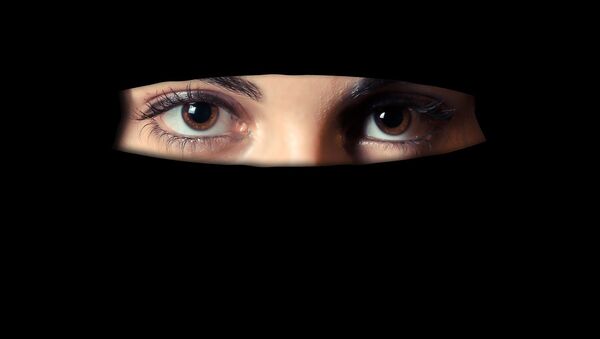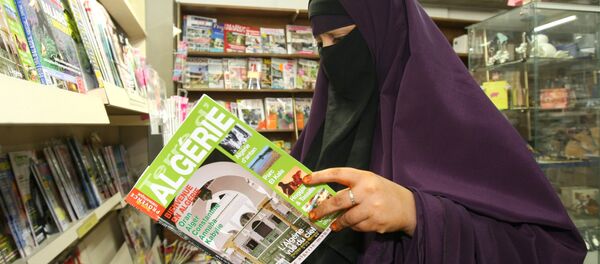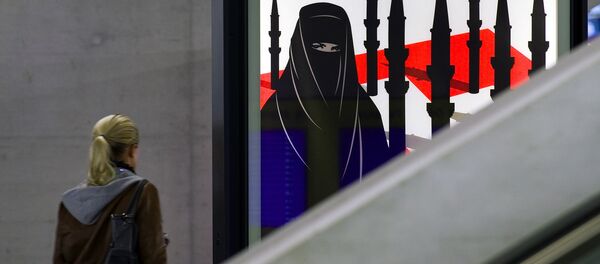The new laws that will be introduced from October will give police the power to fine people who wear clothes that hide facial features. The fee will be roughly US$166 (150 euros) and speculation says that it is designed to target women who choose to wear the burqa and niqab in many public settings, including on university campuses.
پارلمان #اتریش پوشش برقع را ممنوع کرد. pic.twitter.com/fYQpHQrT4G
— Ali Kheradpir (@AliKheradpir) May 17, 2017
Austrian lawmakers have approved a bill that outlaws wearing a full-face veil in public. (DW) #Burqa
— Ali Kheradpir (@AliKheradpir) May 17, 2017
The measures are not however limited to face veils. Other aspects in the legislation include the establishment of a 12-month "integration" school for migrants who are able to go on and stay in Austria. The schools will allegedly teach refugees German, but also values considered to be customary in the country.
The program will also try to instill the everyday skills necessary for participating effectively in civilian life, such as looking for housing and how to apply for a job.
It has however been announced that those migrants who refuse to partake in the program will face strict penalties, initially by having welfare payments cut.
Criticism of the new motion largely revolves around the fact that asylum seekers will be expected to perform for an unpaid duration of work which, the Austrian government argues, will better prepare them for the Austrian jobs market.
Austria is not the only country in Europe to impose a ban on the full face veil. France became the first European country to do so on April 11, 2011. Under France's ban, woman who leave their homes with their faces hidden by a veil will risk facing a fine.
Belgium also implemented a law banning the full-face veil, which came into effect in July, 2011.
In November 2016, Dutch MPs threw their weight behind a ban on the veil in public places such as schools, but the ban is yet to be approved by the Senate.
Moreover, the councils of cities across European states, from Barcelona in Spain to several small towns in Italy have local bans in place, but these are yet to be nationalized.
The debate over whether the burqa and niqab should be outlawed in public has become something of a minefield across Europe.
Those opposed to such moves argue that it is not the place of government to control the bodies of women by deciding for them what they should not wear.
Those for such bans typically argue that showing the face, rather than hiding it, is an important means of participating in civilian life. Backers of the ban also point to the national security threats that the burqa presents, for example by being exploited by a criminal to conceal their identity.




